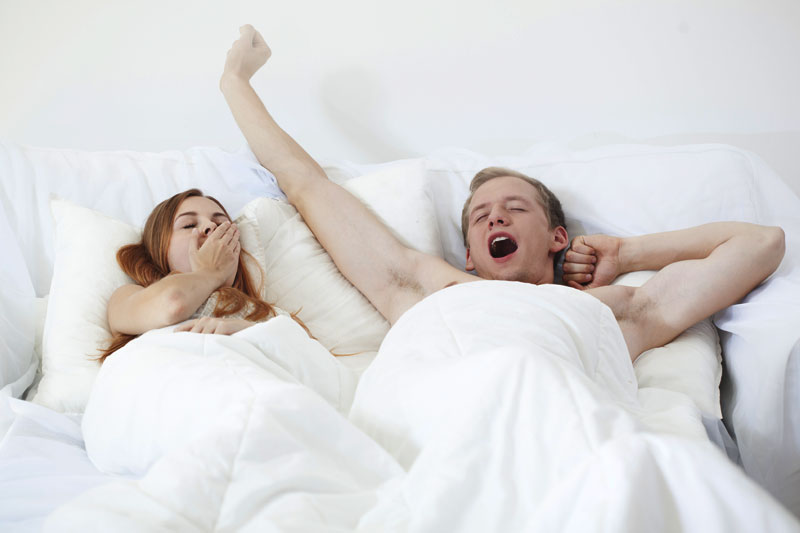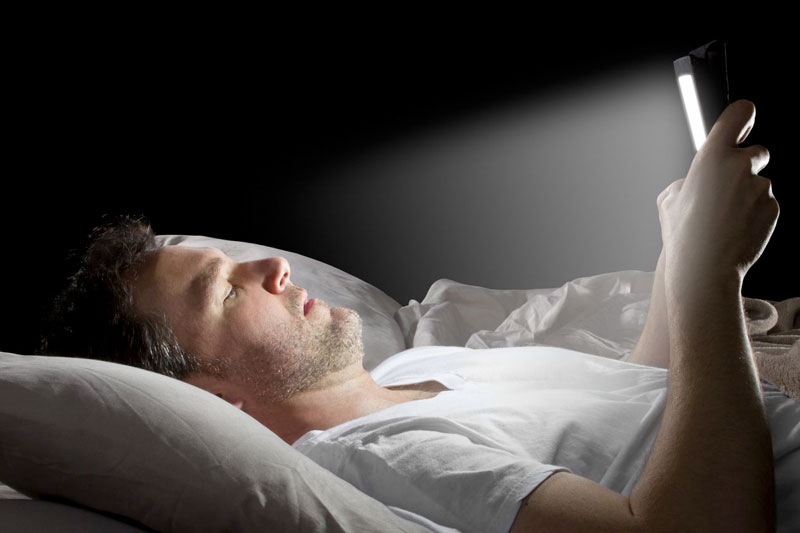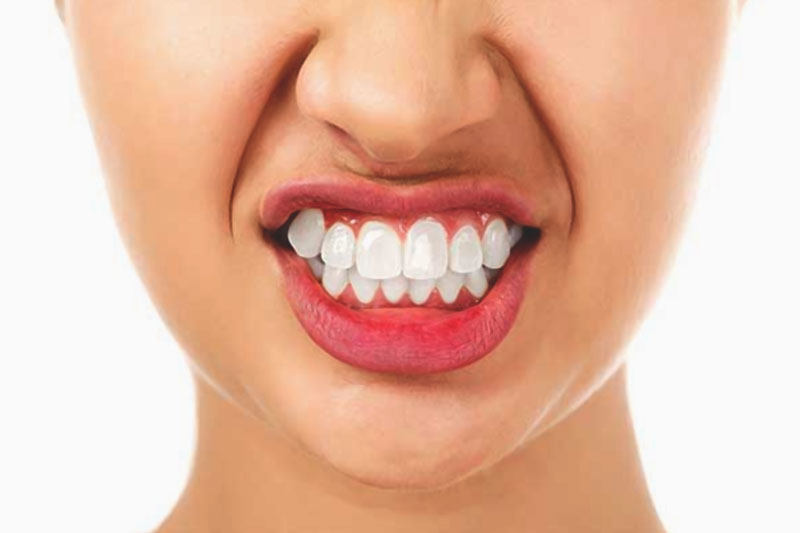There are moments when you feel so stressed, the only thing you want is to get a decent full night’s sleep. But sometimes, even when you do, you still wake up exhausted.

But what is actually a full night’s sleep? In brief, according to the American Academy of Sleep Medicine, it counts seven and more hours per night. However, it depends on the body.
So you can’t act surprised if you sleep less than the recommended and wake up energy drained. But what about when you get a substantial amount of sleep?
Here are 5 reasons why you’re waking up exhausted even though you’ve slept for more than enough hours.
5 – You have sleep apnea

If you didn’t know, sleep apnea is a state characterized by loud snoring due to a short break in your breathing within the sleep.
“Sleep apnea is a sneaky condition that basically forces your brain to make a tough decision at night: sleep or breathe,” says W. Christopher Winter, MD, author of The Sleep Solution.
While you’re sleeping, your airways could become weak. Thus, this can lead to a condition when you eventually stop breathing for a short time. As the airway closes, the person starts suffocating. Therefore, he/she wakes up to take a breath.
If this occurrence happens multiple times in a row, it can damage your sleep since you will constantly wake up, preventing your body from achieving the remedial rest it needs.
4 – You ended up your night with an after-dinner drink

“Alcohol can reduce the deep sleep we get at night and dramatically suppress REM (dream) sleep,” says Winter.
“It is also a diuretic, so get ready to get up and go to the bathroom more frequently.”
Moreover, alcoholic drinks can also raise sleep fragmentation and wake time during the night’s sleep. In other words, your sleep won’t be deep enough to function effectively as it should.
3 – You’re on your phone right before bed.

“Electronics and the light they emit can interrupt our brain’s ability to produce the sleep-promoting chemical melatonin,” says Winter.
Using your phone when you lie inside your bed will actually cause you difficulties in falling asleep. According to Winter, an alternative is to use glasses that clean out harmful blue and green light.
Furthermore, results from a study conducted on Harvard pointed out that the blue light, which most of the electronics release suppresses melatonin twice as much.
The best suggestion, however, is to power off the devices two to three hours before you go to bed, and even better, to keep them away from the room you sleep.
2 – You grind your teeth

If you sleep alone, you most likely are not aware that you have this kind of problem. But if you don’t, your sleep partner has probably heard you doing it.
The medical term for grinding your teeth is called bruxism, and can also have quite severe dental consequences like TMJD.
Namely, TMJD (temporomandibular joint disorder) is a misaligned jaw bone that produces pain around the muscles and junctures that connect your jaw bone to your skull.
Bruxism damages your sleep because it tends to block your airways and stops you from getting enough oxygen. This, of course, leads to many wake-ups during the night.
1 – You worked out before bed.

If you have a habit of exercising two or three hours before you go to sleep, you need to know that this activity can damage your sleep cycle.
“This can increase cortisol (the stress hormone) and reduce melatonin secretion, and can increase the time it takes to fall asleep,” says Winter.
Also, the process of exercising tends to raise your body temperature, which makes it harder to fall asleep.


